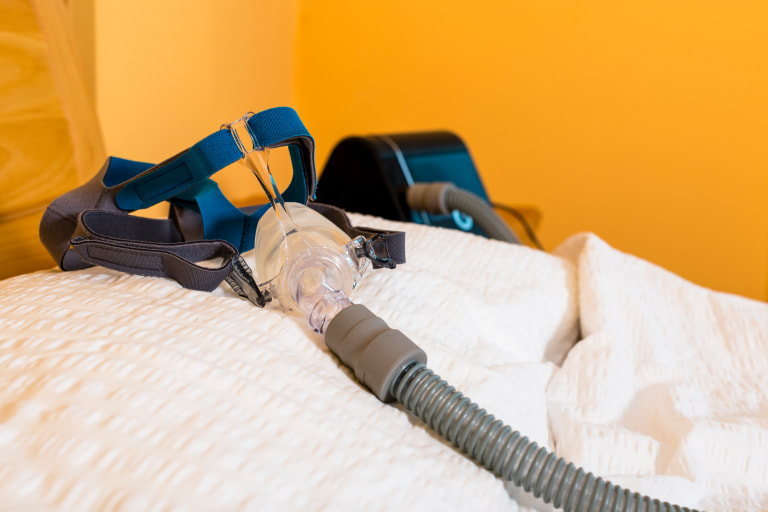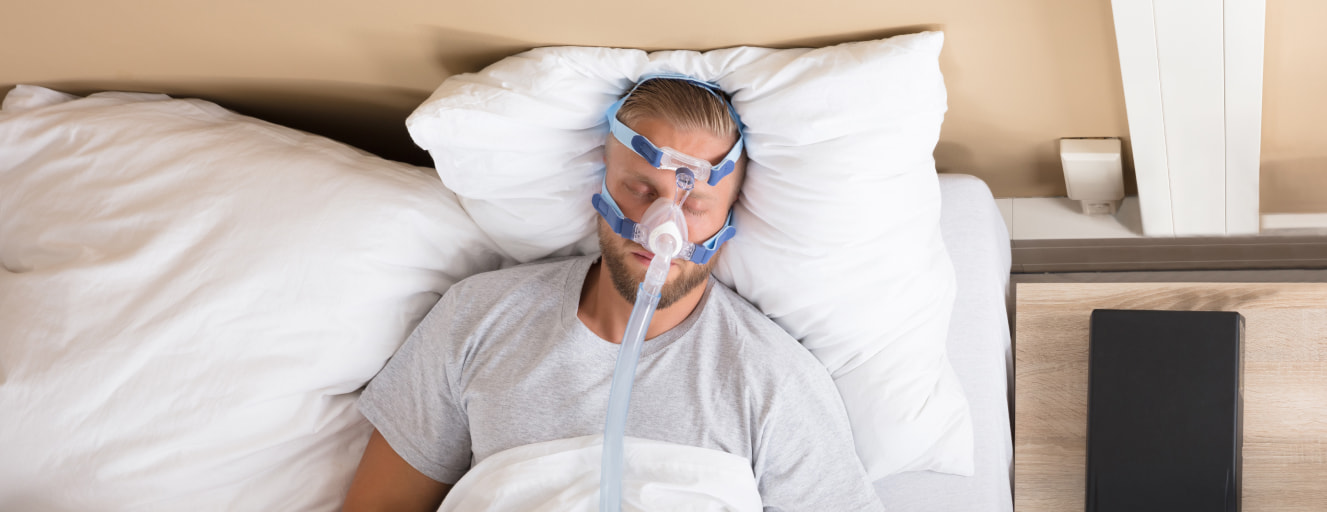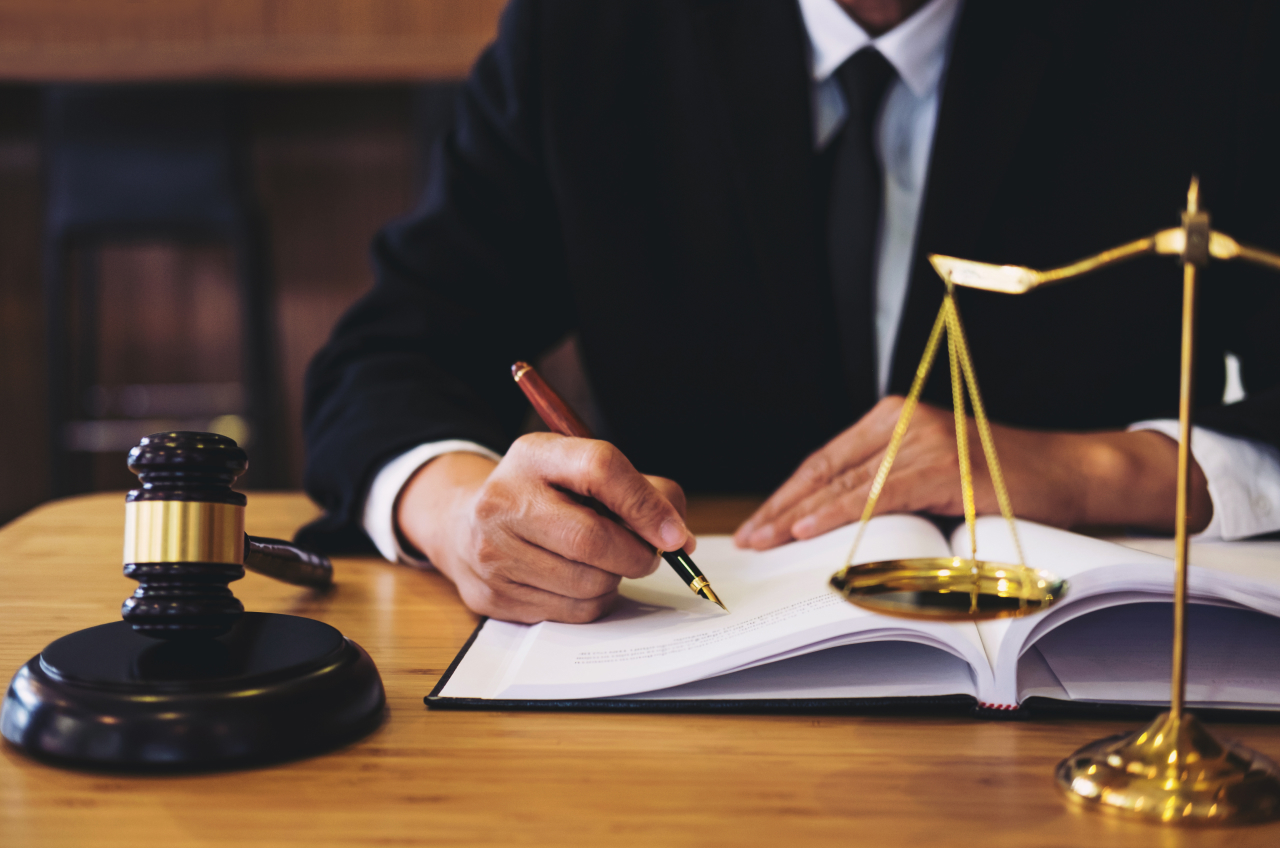Get A Free Legal Consultation
- We fight to maximize your results
- No out-of-pocket costs
- Over $10.6 billion recovered for families



Philips Respironics has recalled a variety of their mechanical ventilators, BiPAP machines and CPAP machines due to potential health risks — ranging from organ injuries and several types of cancer — associated with components of the product that break down, exposing users to potential carcinogens in the process.
If you’ve used a Philips sleep apnea device and experienced adverse health effects, you may be eligible to pursue financial compensation through a Philips CPAP recall lawsuit. Get in touch with us today to learn how Simmons Hanly Conroy may be able to help with your case.

In June 2021, Philips Respironics issued a voluntary recall of BiPAP and CPAP machines, as well as mechanical ventilators, due to health risks that include lung cancer and other potentially life-threatening injuries.
The polyester-based polyurethane (PE-PUR) sound abatement foam that’s used to reduce sound and vibration in these devices has been found to:
The Philips Respironics recall in 2021 still affects the following types of sleep apnea machines:
In February 2023, it was announced that even the foam in the newly reworked Philips Respironics machines could break down and put the user at risk of cancer and other serious injuries.
The recalled models of Philips BiPAP and CPAP machines include:
Nearly 80% of the 3-4 million recalled Philips devices were CPAP machines — with first-generation DreamStation machines composing the bulk of the recall.
The following models of Philips breathing machines and continuous ventilators were recalled:
Exposure to the black debris and dangerous chemicals that are released when the sound abatement foam in Philips sleep apnea machines breaks down can cause a range of serious health issues and injuries, including:
If you’ve suffered any of the serious health issues above after using a Philips sleep apnea device, you may be entitled to compensation from a Philips CPAP lawsuit. Contact us today to learn more about your legal options.
Less severe symptoms of exposure to these dangerous chemicals can include:
If you’ve experienced any of these symptoms after using a Philips sleep apnea machine, you may want to consult a medical professional.

You may be eligible to pursue compensation through a Philips CPAP lawsuit if you or your loved one:
Still not sure if you’re eligible? Let us know what’s going on and we’ll let you know if we’re able to help with your case — at no cost to you.

When you work with Simmons Hanly Conroy, your legal team can handle every step of the legal process for you and your family — at no out-of-pocket cost.
In general, the lawsuit process may include your legal team:
As a national personal injury law firm, Simmons Hanly Conroy is proud to help clients across the country:
For over 20 years, we’ve used our resources to help thousands of injured clients nationwide stand up and speak out against the companies that wronged them — at no out-of-pocket cost.
If you’ve used a Philips CPAP, BiPAP or ventilator machine and later experienced any of the side effects listed on this page, contact us today to learn more about how we may be able to help you.
The easiest way to determine if you’re eligible to file a Philips CPAP recall lawsuit is to fill out our contact form for a free legal consultation.
Once you tell us more about your situation, a member of our team can review those details and reach out to you as soon as possible to discuss your potential legal options.
It’s important to contact an attorney as soon as possible due to state laws called statutes of limitations that limit how long you have to take legal action.
Because these time restraints vary from state to state, it can be difficult to determine how long you have to file without experienced legal help.
Once the deadline passes, you won’t have the opportunity to file a Philips CPAP lawsuit again.
At Simmons Hanly Conroy, our lawyers work on what’s known as a contingency basis, which means there are no out-of-pocket fees to work with us. We only get paid if you do.
The recalled Philips Respironics sleep and respiratory care devices include:
The above list includes a mix of Philips mechanical ventilators, BiPAP machines and CPAP machines.
Philips CPAP machines, as well as certain BiPAP machines and ventilators, were recalled after the sound reducing foam used in the devices was found to break down. Foam degradation can release black debris into the device’s airway and can expose the user to potentially carcinogenic chemicals.
If you used a Philips sleep apnea device and experienced organ damage or certain cancers, you may be eligible for compensation from a CPAP lawsuit. Learn more about your potential legal options today.
Potentially, yes — the foam used in Philips ventilators, BiPAP machines and CPAP machines is meant to make the machine quieter. However, the foam can break down during use and expose the user to chemicals that, when swallowed or inhaled, can cause cancer and other health issues.
If you used a Philips CPAP machine and experienced cancer, lung problems or other injuries as a result, you may be able to pursue compensation through a Philips CPAP lawsuit. Contact Simmons Hanly Conroy today to learn more about your legal options.
CPAP, BiPAP and ventilator machines are all different types of respiratory care devices used to help patients with breathing disorders. Predominantly used to treat obstructive sleep apnea, CPAP machines utilize pressurized air to keep the airway open and free from obstruction during sleep.
BiPAP machines, on the other hand, are used in cases of central sleep apnea, when a CPAP machine may not be effective for or tolerated by the patient. BiPAP machines utilize two different pressures — one for inhalation and one for exhalation.
Finally, ventilators are often used to help treat severe COPD at home or to help support patients who can’t breathe on their own in hospital settings.